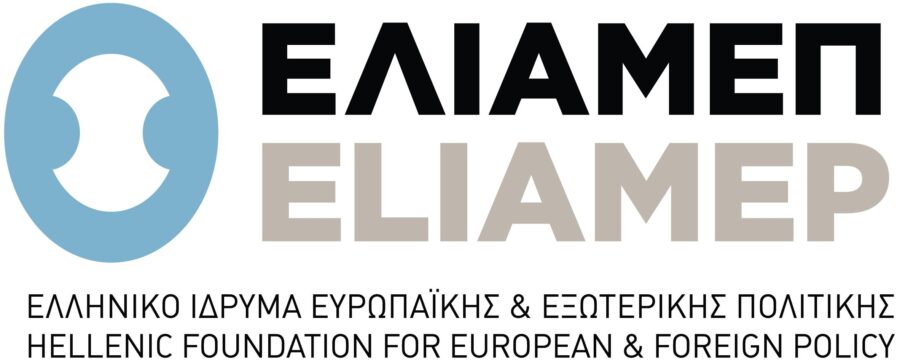Civil Society Network in the Context of UN’s Sustainable Development Goals in Greece

The 17 Sustainable Development Goals (SDGs) adopted by the United Nations member states in 2015 are an urgent call for action by all countries – developed and developing – in a global partnership. They recognize that ending poverty and other deprivations must go hand-in-hand with strategies that improve health and education, reduce inequality, and spur economic growth – all while tackling climate change and working to preserve our oceans and forests.
It was only by 2018 that Greece has adopted a strategic approach to achieve the SDGs, ensuring political ownership. The country has introduced a “whole-of-government” approach, with an active operational Inter-Ministerial Coordination Network, steered by the General Secretariat of the Government, and a “whole-of-society” approach with a stakeholder engagement aiming at enhancing transparency, partnership and accountability. However, although the Voluntary National Review of 2018 included a reference to the engagement NGOs, in practice this was extremely limited, with very few consultations and activities that were almost exclusively focused on environmental issue, even though few of the 17 SDGs are related to the environment.
Greek civil society ecosystem includes few federations or second-tier organizations and networks. Most of them focus on specific areas of involvement and include NGOs and groups with similar objectives. The aim of the project is to create a new civil society network for the promotion of SDGs in Greece. The project aims to mobilize both formal and informal groups in urban and in rural areas and create cross-subject and cross-organizational synergies, promote cooperation and partnerships and strengthen advocacy and consultation with public bodies. ΕLIAMEP in cooperation with the Icelandic Human Rights Center will use their long experience to build a new Greek civil society community in the context of SDGs.